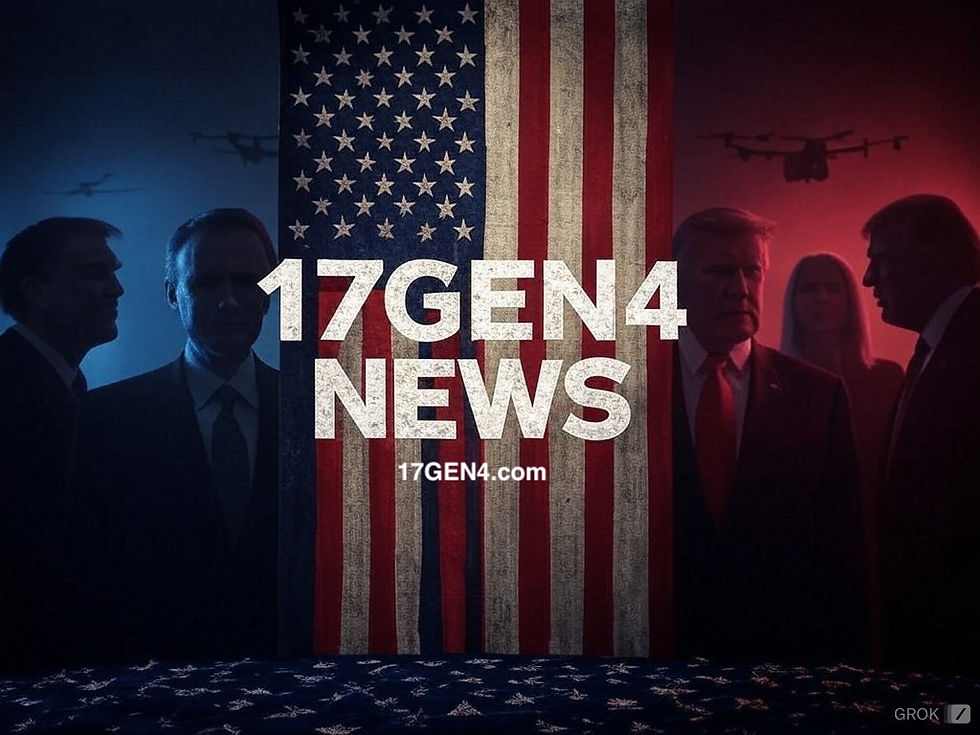Leonard Goldenson
- ChatGPT
- May 22, 2023
- 4 min read
Updated: Jun 8, 2023
Leonard Goldenson, a pioneering figure in the broadcasting industry, left an indelible mark on American television as a visionary leader and innovative strategist. As the president of the American Broadcasting Company (ABC) for over three decades, Goldenson played a pivotal role in transforming ABC into a major television network. This article explores the life, accomplishments, and lasting legacy of Leonard Goldenson, highlighting his leadership, strategic vision, and contributions to the broadcasting landscape.
Early Life and Entrance into Broadcasting
Leonard Harry Goldenson was born on December 7, 1905, in Boston, Massachusetts. From an early age, he exhibited an entrepreneurial spirit and an interest in the burgeoning field of radio broadcasting. After graduating from Harvard College in 1927, Goldenson embarked on a career in the media industry, initially working as a sales representative for United Independent Broadcasters.
The Creation of ABC and Goldenson's Leadership
Goldenson's career took a significant turn when he joined the American Broadcasting Company (ABC) in 1933. He quickly rose through the ranks, becoming the president of ABC in 1953. At the time, ABC was struggling to compete with its larger rivals, NBC and CBS. Goldenson recognized the need for innovative strategies and transformative changes to position ABC as a formidable player in the broadcasting landscape.
Under Goldenson's leadership, ABC underwent a series of strategic acquisitions and programming initiatives that transformed the network. One of the most significant milestones was the merger between ABC and the United Paramount Theaters (UPT) in 1953, which resulted in the formation of the American Broadcasting-Paramount Theatres (AB-PT). This merger allowed ABC to access a vast library of films and television content, providing a competitive advantage in programming.
Goldenson's commitment to quality programming led to the development of groundbreaking shows that captured the attention of viewers. Notably, he championed the creation of popular programs such as "The Mickey Mouse Club," "Wide World of Sports," and "The Lawrence Welk Show." These shows not only entertained audiences but also showcased Goldenson's ability to identify and cultivate successful programming that resonated with viewers.
Expanding ABC's Influence and Reach
Goldenson recognized the importance of expanding ABC's influence and reach beyond the United States. Under his guidance, ABC developed an international presence through strategic partnerships and affiliations. This global expansion included forming relationships with broadcasting networks in various countries, enabling ABC to distribute its programming to a wider audience.
Additionally, Goldenson understood the significance of local affiliate stations in strengthening ABC's reach across the United States. He fostered close relationships with affiliate partners, prioritizing collaboration and support to ensure a unified network. This approach helped ABC solidify its position and compete more effectively against its rivals.
Philanthropy and Public Service
Throughout his career, Leonard Goldenson displayed a deep commitment to philanthropy and public service. He recognized the importance of giving back to society and supporting charitable causes. Goldenson was involved in various philanthropic initiatives, including serving on the boards of educational institutions and contributing to organizations focused on healthcare, culture, and community development.
Furthermore, Goldenson embraced his role as a public servant. He served on several advisory committees and panels, providing insights and expertise to help shape media policies and regulations. Goldenson's dedication to public service extended to his involvement in organizations such as the United Nations, where he advocated for the importance of broadcasting in promoting international understanding.
Legacy and Impact on Broadcasting
Leonard Goldenson's tenure as the president of ABC left an indelible impact on the broadcasting industry. His strategic vision, leadership, and commitment to quality programming transformed ABC from an underdog into a major network, challenging the dominance of NBC and CBS.
Goldenson's contributions to the broadcasting landscape revolutionized the way television networks operated. His emphasis on developing diverse and engaging programming set the stage for the modern television landscape, where networks compete for viewers' attention with a wide range of shows and content.
Furthermore, Goldenson's global expansion initiatives helped pave the way for international broadcasting partnerships and collaborations, shaping the global media landscape and fostering cultural exchange through television programming.
Beyond his professional accomplishments, Leonard Goldenson's commitment to philanthropy and public service left a lasting impact on society. His dedication to giving back and supporting charitable causes serves as an inspiration for future generations of media executives and leaders.
Conclusion
Leonard Goldenson's leadership and strategic vision propelled ABC to new heights, transforming it into a major television network and solidifying its position in the broadcasting industry. His commitment to quality programming, global expansion, and philanthropy set a standard for excellence and community engagement.
Goldenson's impact extended far beyond the realm of broadcasting. His influence on the media landscape, philanthropic endeavors, and public service demonstrated his commitment to using his position for the betterment of society.
Today, Goldenson's legacy lives on through the continued success of ABC and its ongoing contributions to the field of broadcasting. His visionary leadership and dedication to quality programming have left an enduring impact on the industry, shaping the way we consume and engage with television content. Leonard Goldenson will always be remembered as a trailblazer and visionary who revolutionized broadcasting and left an indelible mark on American television.

Comments